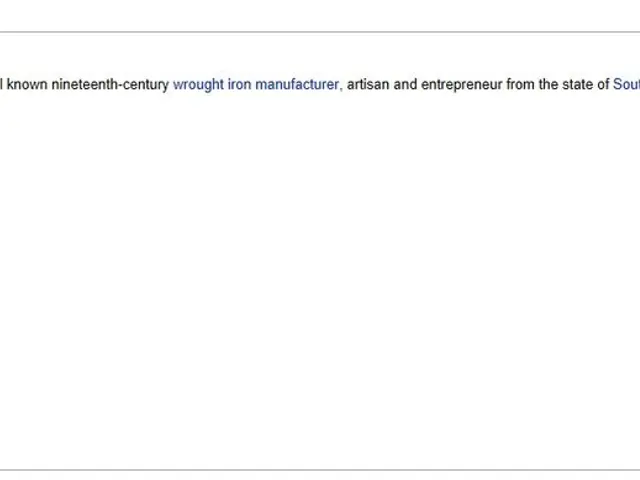Employs 6,500 individuals within South Africa: Takealot may expand job force from technical learning institutions.
Takealot, South Africa's largest e-commerce group, has partnered with the Department of Higher Education and Training (DHET) to pilot a digital skills program in three TVET colleges. The program aims to turn TVET graduates into a workforce ready for South Africa's digital economy.
The program will be implemented in three TVET colleges, one in each of the provinces of Gauteng, KwaZulu-Natal, and the Western Cape. However, the specific colleges selected by the partnership have not been named yet. Some TVET colleges mentioned in Gauteng and KwaZulu-Natal, such as Sedibeng TVET College (Johannesburg area) and Umgungundlovu TVET College (KwaZulu-Natal), may be involved, but their direct participation in this specific program is not confirmed. No Western Cape TVET colleges are named in connection to this initiative.
Frederik Zietsman, CEO of Takealot Group, stated that scaling e-commerce operations requires more than infrastructure; it demands agile, future-facing skills. He emphasized the need to ensure South African youth are empowered to go from learning to earning in the face of the rise of AI and the Fourth Industrial Revolution, as the skills in the market are not matching what the market needs.
The program will focus on curriculum reform, mentorship, and work-integrated learning at Takealot's distribution centers. It will also aim to bridge education and employability by embedding industry into vocational training. Students in the program will gain access to revamped curricula, mentorship from Takealot staff, and work placements at company facilities.
The partnership between Takealot and DHET is seen as a way to modernize vocational training and link it directly to job opportunities in the digital economy. It also includes four other initiatives: textbook delivery using Takealot's logistics network, scaling its existing bursary program, and the township economy initiative, which supports local manufacturers and restaurants with digital tools.
Youth unemployment in South Africa is at 46%, and more than half of TVET graduates are unable to find work. The program's goal is to address these issues by preparing TVET graduates for the demands of the digital economy. The digital skills program aims to align classroom teaching with the demands of the digital economy.
DHET Deputy Minister Dr Mimmy Gondwe acknowledges the challenges facing South Africa's post-school education and training system. She believes that partnerships like this one between Takealot and DHET are crucial in addressing these challenges and preparing the youth for the future.
The program will roll out in three phases: curriculum updates, student mentorship, and job placements. The ultimate goal is to turn TVET graduates into a workforce ready for South Africa's digital economy, helping to bridge the gap between education and employment.
Read also:
- Chinese Rare-Earth Mining Endangers the Mekong River's Integrity
- Deteriorating munitions are submerged in the Baltic Sea, and Germany aims to retrieve them before it's too late.
- Reliance, led by Ambani, and other entities are reportedly in negotiations with OpenAI to introduce the Stargate project, valued at half a trillion dollars, within India.
- Energy Minister of Malawi, Ibrahim Matola, heads Malawian delegation for a knowledge exchange on BESS (Battery Energy Storage Systems), a trip held in India. This exchange is backed by the Global Energy African Partnership Program (GEAPP).







